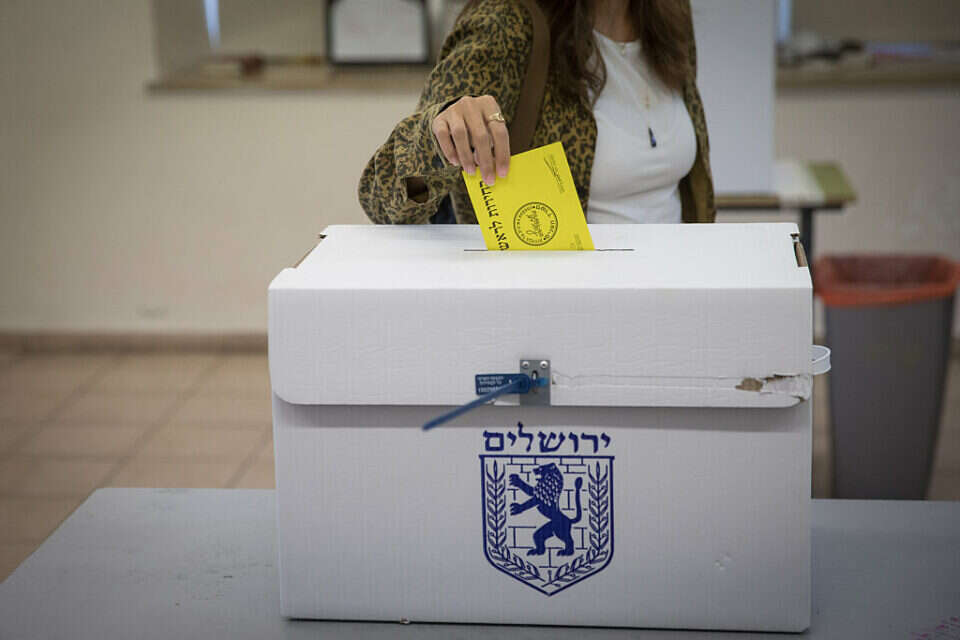According to a document by the Knesset Research and Information Center, there are currently 14 female mayors and 431 women serving as council members in Israel.
This is 16% women among the council members, and among the mayors – only 6% are women – low rates that indicate a fundamental problem of minimal representation of women in the main focus of local government activity.
Not only that, but more than a third of the 196 municipalities that participated in the 2018 elections do not have female representation at all. 96% of these municipalities are Arab or ultra-Orthodox. While this is a 3 per cent increase from the 2013 elections, it is still a mockery of the proportion of women in the population.
Want a ray of light? There are three councils in which half of the council members are women. The confirmed winners are Metula, Even Yehuda and Kiryat Tivon. There is room to aspire.
So what can be done? It is worth looking at a case study – a process of social change in which women broke through and on a significant scale successfully integrated: the recruitment of religious women into the IDF.
The figures a decade ago spoke of about 1,000 religious women enlisting in the IDF every year, many of them in training and education positions. Today, the numbers speak for themselves – more than 3,000 religious women enlisted in the IDF in 2021.
What brought about the change? No one is legally obligated to recruit religious women, and no sanctions have been taken against educational institutions that refused to make information available to them. Rather, it is a combination of actions – educating and making information accessible to various elements in civil society and the religious framework, and especially the IDF's understanding that this also depends on them. The army opened almost 900 positions for women, and adapted and made quite a few accessible to the DSS and religious soldiers, and the result was a matter of time. Not mandatory, not coercive.
Mediating, making information accessible and sharing user experiences of women who have done it - absolutely.
The same applies to appropriate representation of the female gender. Attempts to force a certain number of women into positions do not always bring about change in practice, and do not necessarily encourage women to run for senior positions. Providing information, guidance and tools to women and providing a positive incentive for political parties can help. Amendment 12 to the Local Authorities Law (Financing of Elections) increased financial assistance to selected factions, in which more than a third of the candidates are candidates. That's good, but it's not enough. The challenge is to get them to the first stage – coping.
To this end, the current government must lead a broad national campaign to encourage women to run in the upcoming municipal elections, while at the same time increasing financial aid to factions that will place women in real places on their list. Do not oblige, encourage.
This call must reach the entire female population and in all languages, secular, religious, ultra-Orthodox, new and veteran immigrants. Today, the rate of female representation in localities at a high socioeconomic level is higher, and efforts must be made to bring about substantial change in weaker localities as well.
In the long term, care must be taken to introduce into the civics curriculum the importance of gender equality in the representation of residents in local and national authorities, and to encourage young women through leadership programs that will pave them to local and national government.
It is important to note that women should be elected not because they are women, but because they are worthy and excellent.
The call for equality is intended to present worthy women in the public sphere, and not just to fill ranks in order to receive an increased budget. There are worthy women everywhere, and we must work to bring more women to participate in the upcoming contest, to give them the tools to do so, and at the same time to ensure that in the next generation the data from Metula, Even Yehuda and Kiryat Tivon will no longer be unique cases, but the local landscape in each local authority.
Wrong? We'll fix it! If you find a mistake in the article, please share with us

